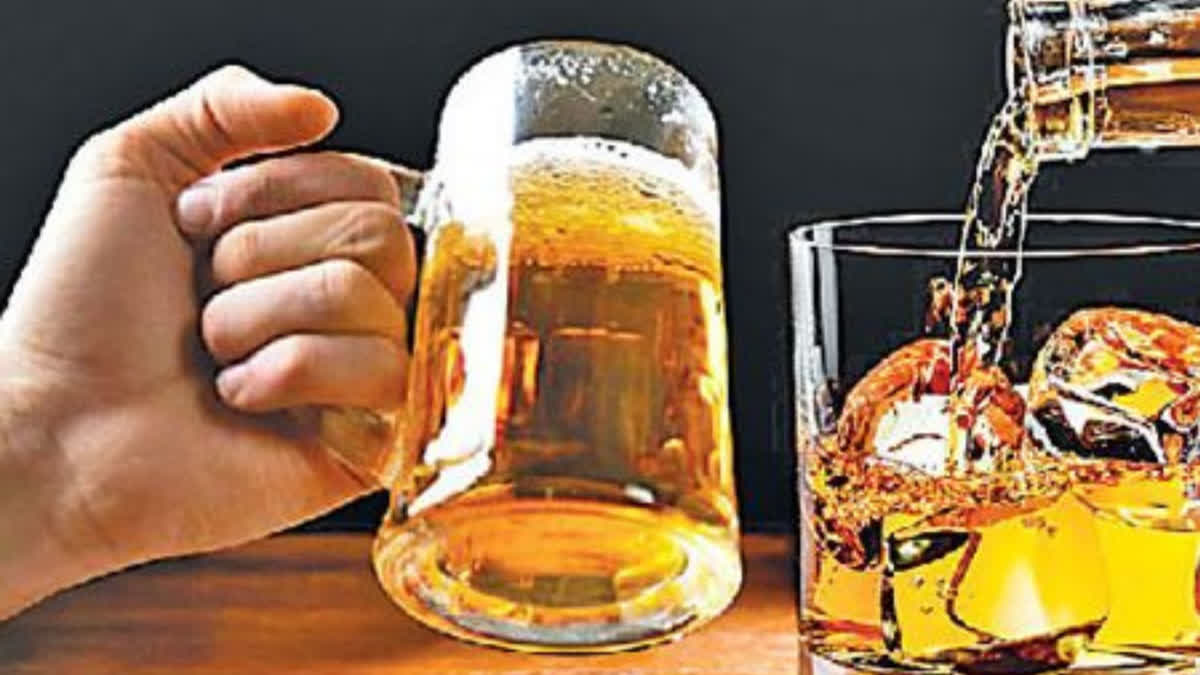Chandigarh: Now beer cannot be sold for less than 60 rupees and more than 220 rupees in Punjab as the Excise Department has fixed the new prices. The minimum and maximum retail selling prices for cans and bottles of beer will be based on the volume of beer. The Finance Minister said that Section-28 has been added to the Excise Policy, 2023-24, and the minimum price of beer has been fixed to keep it under control.
The government has the right to fix the maximum retail price. This price is fixed as per the formula in Schedule-3 of the Excise Policy. This is bound to affect the liquor business as well. Under Section 28, the L-2/L-14A retail contracts and the Government have the right to fix the minimum and maximum retail price of beer to be sold on a single contract to keep the price of beer within reasonable limits. The government claims that such a step will help stop beer smuggling. The Punjab government took this decision after a meeting of the Excise Department.
The policy aims to collect Rs 9,754 crore during the year 2023-24, an increase of Rs 1,004 crore. As per the policy, the value-added tax levied on liquor sold by beer bars, hard bars, clubs and microbreweries has been increased to 13 per cent from a 10 per cent surcharge. The government wants to get maximum revenue. Till now there has been an 18 to 22 per cent increase in excise.
Also Read : New Year revellers guzzle down booze worth Rs 215.74 crore in Telangana
Liquor businessmen are calling this decision of the government a loss-making deal and it will worsen the situation. Common brand beer fetches up to Rs 150 while Thunderbolt and Budweiser and many other top-class beer brands sell for up to Rs 280. Pinder Brar, president of Wine Association Punjab, says that the new pricing policy is not reasonable.
Going by the tax being collected from the liquor traders, the rates are increased and not reduced. Liquor businessmen say if the government has to lower or fix the rates of liquor, then their tax should also be lower. It is difficult to pay taxes to the government by selling cheap liquor, they argue.
In 2015-`16, the Shiromani Akali Dal government tried to make a policy when liquor traders held protests. The effect of this is that to date the revenue of the government has sunk and has not been recovered as a result of which the cases of many contractors are also going on. Liquor contractors are afraid that the same policy is being repeated again in Punjab. Expressing his anger against the government, Pinder Brar said that the liquor businessmen are planning to stop their business in Punjab and move to other states. Some have gone to Himachal, Rajasthan and some to Haryana.



